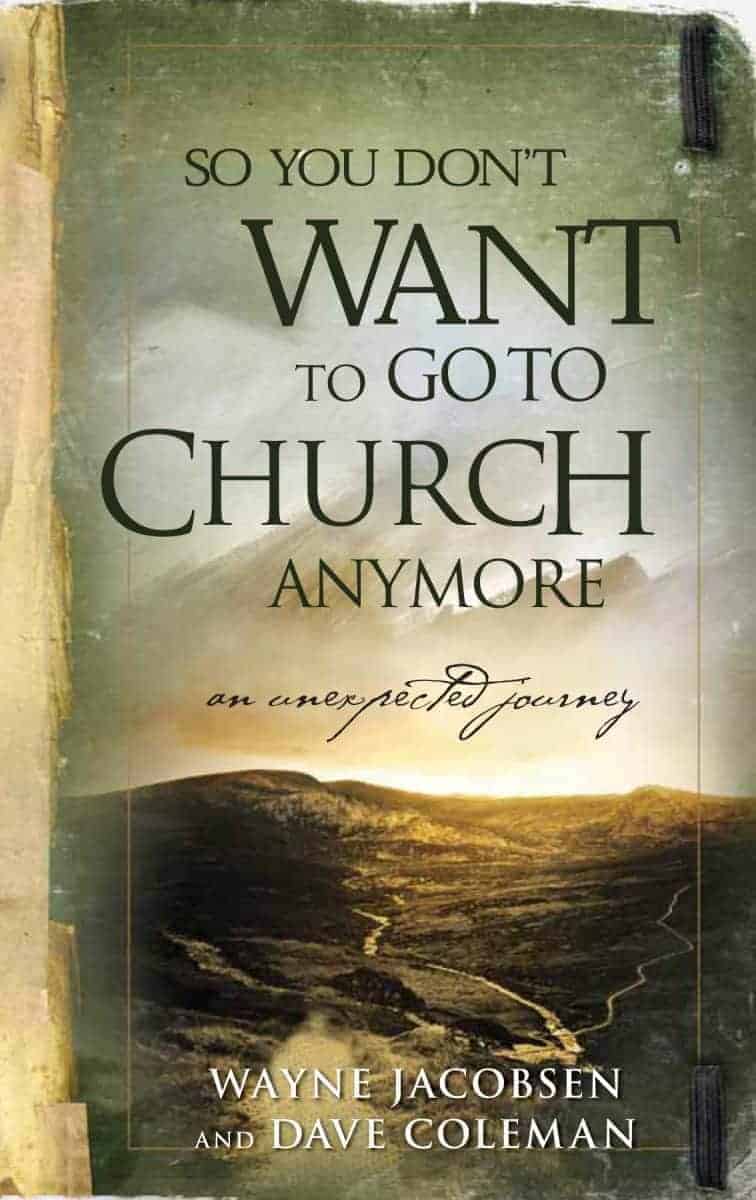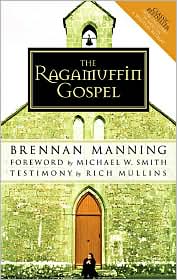So Long, Farewell
Monday, October 13, 2014
I've tried this before. But this time I mean business. It's time for me to break my ties with Facebook. So I posted a wonderful article on Facebook called The Benefits of Taking a Break from Facebook and said goodbye to my friends. Of course I had to log back on once to get the link for the article, and then saw a comment to my post, so of course I had to reply, and...
Yeah. That's why I'm taking a break. Potentially a long one. And, honestly, I think I can do it. More honestly, I think I NEED to do it. So I removed the Facebook link from my bookmarks and deleted the app from my iPod. There. I did it. Again, for the third time.
I've always said that social media is really non-social, and I think there might even be science or research that can now back that up. Some scholars are calling it anti-social media. When I was young if you were anti-social you probably had a personality disorder, although they didn't really identify it like that. You just weren't social and you didn't want to be around other people. That's why social media can be confusing. Technically you are communicating with people but you're not with them or socializing. At least not in the physical sense.
I work for a non-profit organization that identifies trends relating to seniors and the changing boomer demographic that will have a huge impact on society over the next 15 years. One of the frightening aspects of an aging population is related to isolation - seniors are becoming more isolated as a result of a number of factors that include the desire to "age in place" along with dwindling family support, etc.
I fear that social media is contributing to a similar form of isolation in the younger population. People no longer need to visit friends or meet for a coffee because they are staying virtually connected via social media. Unfortunately when they do connect in person their smartphone demands their attention at any given moment and often real communication is overlooked or avoided.
I know families that actually text their children when dinner's ready! Convenient? Yes. Less strain on the vocal chords. Of course. Ridiculous?! Absolutely. If we are too busy to communicate in person with people living in the same space then I believe our society is in big trouble.
The irony is that I, myself, might become the one who is isolated simply because I'm not on Facebook. I know that doesn't make much sense but if I need a smartphone to communicate, and if people don't want to communicate the old fashioned way, then I might be on my own.
At this point I'm willing to take that risk.
Yeah. That's why I'm taking a break. Potentially a long one. And, honestly, I think I can do it. More honestly, I think I NEED to do it. So I removed the Facebook link from my bookmarks and deleted the app from my iPod. There. I did it. Again, for the third time.
I've always said that social media is really non-social, and I think there might even be science or research that can now back that up. Some scholars are calling it anti-social media. When I was young if you were anti-social you probably had a personality disorder, although they didn't really identify it like that. You just weren't social and you didn't want to be around other people. That's why social media can be confusing. Technically you are communicating with people but you're not with them or socializing. At least not in the physical sense.
I work for a non-profit organization that identifies trends relating to seniors and the changing boomer demographic that will have a huge impact on society over the next 15 years. One of the frightening aspects of an aging population is related to isolation - seniors are becoming more isolated as a result of a number of factors that include the desire to "age in place" along with dwindling family support, etc.
I fear that social media is contributing to a similar form of isolation in the younger population. People no longer need to visit friends or meet for a coffee because they are staying virtually connected via social media. Unfortunately when they do connect in person their smartphone demands their attention at any given moment and often real communication is overlooked or avoided.
I know families that actually text their children when dinner's ready! Convenient? Yes. Less strain on the vocal chords. Of course. Ridiculous?! Absolutely. If we are too busy to communicate in person with people living in the same space then I believe our society is in big trouble.
The irony is that I, myself, might become the one who is isolated simply because I'm not on Facebook. I know that doesn't make much sense but if I need a smartphone to communicate, and if people don't want to communicate the old fashioned way, then I might be on my own.
At this point I'm willing to take that risk.







